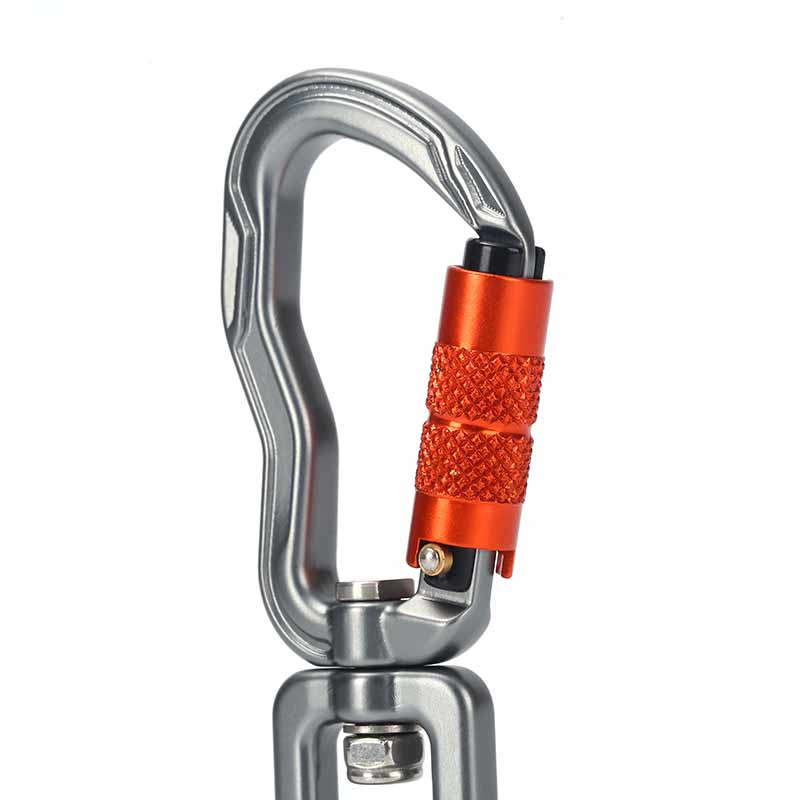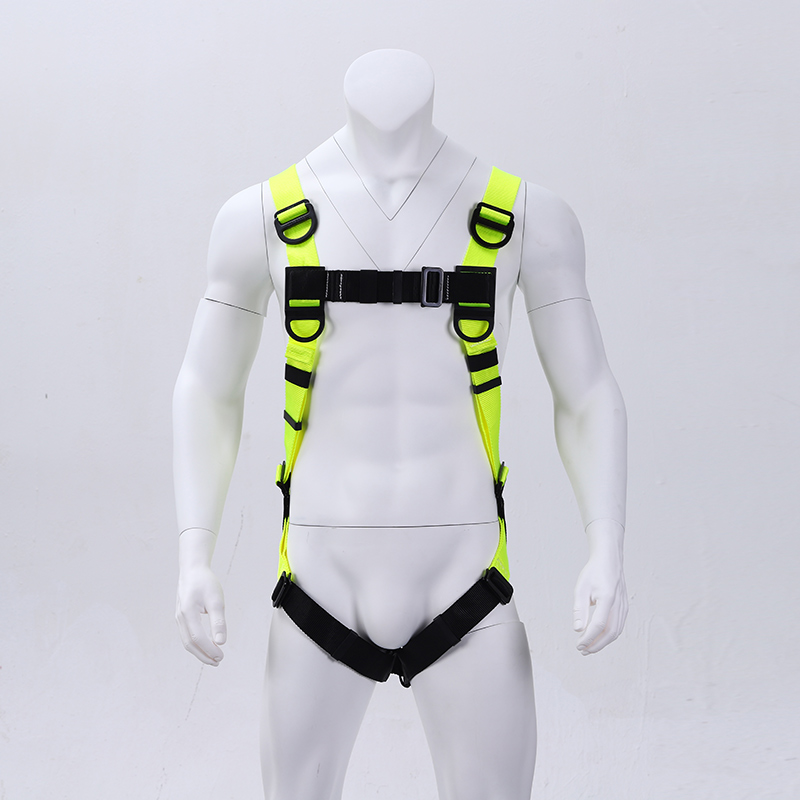Partner content: This content was created by a business partner of Dow Jones and researched and written independently of the MarketWatch newsroom. Links in this article may result in us earning a commission. Learn More
Get quotes from the top American solar panel installers using the form below. Multicam Webbing

Faith Wakefield is a writer based in North Carolina. She holds economics and English degrees from UNC Chapel Hill, and her work has been featured on EcoWatch, The World Economic Forum and Today’s Homeowner. In her free time, she loves to binge-watch personal finance videos on YouTube, collect books and spend time in nature.
Tori Addison is an editor who has worked in the digital marketing industry for over five years. Her experience includes communications and marketing work in the nonprofit, governmental and academic sectors. A journalist by trade, she started her career covering politics and news in New York’s Hudson Valley. Her work included coverage of local and state budgets, federal financial regulations and health care legislation.
If you are looking for U.S.-made solar equipment, the largest American solar panel manufacturers include Silfab Solar, Mission Solar and First Solar. Additionally, Tesla Energy, Canadian Solar and Qcells produce some solar panels in the U.S.
Although solar panels manufactured in the U.S. are not necessarily higher quality than panels made elsewhere, investing in American-made solar panels supports domestic solar research and helps create jobs.
Read on to learn more about leading U.S. solar panel manufacturers and why some homeowners may choose to invest in American-made solar equipment.
According to Andrei Gorinchenski, senior editor at A1 Solar Store, the most popular American-made solar panel brands are Silfab Solar, Mission Solar and First Solar.
Tesla Energy, Canadian Solar and Qcells are also worth mentioning:
It’s important to note that the above companies manufacture solar photovoltaic (PV) panels, but do not handle installation. Our picks for top-rated solar companies that install American-made solar panels include ADT Solar (which installs Silfab and Canadian Solar panels), Sunrun and Blue Raven (both of which install Canadian Solar Panels).
Additionally, although SunPower does not manufacture its panels in the U.S., it is a U.S.-based company that employs more than 1,800 Americans.
“North American [solar panel] brands are slightly more expensive,” according to Tatiana Boronnikova, business manager at A1 Solar Store. While solar panels manufactured overseas tend to average between $0.70 and $0.80 per watt, American-made panels typically range from $0.80 to $1.10 per watt.
Keep in mind that these prices represent wholesale costs before installation. Solar panels cost an average of $2.85 per watt with installation and other costs included. According to our March 2023 poll of 1,000 homeowners with solar, most respondents paid between $15,000 and $20,000 for a solar system with all costs included.
Although American-made solar panels are more expensive, there are some benefits to choosing a U.S. brand. You can support the domestic economy, help advance solar technology research and development, and reduce your carbon footprint by shortening the supply chain of your panels. Additionally, investing in renewable energy in the U.S. can help enhance energy security and strengthen the power grid.
But U.S.-made solar panels, especially those with exclusively American-made components, are difficult to find, and overseas production still leads the market. Panels produced overseas are not necessarily of poorer quality. Investing in solar energy — regardless of where your equipment is made — can help reduce your carbon footprint and offset electricity bills.
While there is debate over whether or not American-made solar panels are better quality than modules made overseas, it ultimately comes down to a consumer’s preference and price sensitivity.
The U.S. Department of Energy supports the development and quality of American solar manufacturers, overseeing national labs, investors and entrepreneurs.
All solar panel manufacturers test solar modules according to standard test conditions. Solar panel manufacturers test the efficiency, wattage and durability under universal conditions in industry-standard laboratories. As such, you can compare solar panels based on specifics like energy-efficiency ratings, regardless of the brand.
All the North American-made solar panels mentioned above include 25-year product warranties, which is longer than some overseas competitors. Andrei Gorinchenski from A1 Solar Store also notes, “Customer service [for U.S.-based solar companies] is much easier to go to, not that solar panel owners need much of it.”
As the fastest-growing renewable energy source, solar power has a massive impact on the American economy. According to the Solar Energy Industries Association (SEIA), the solar industry generated nearly $35 billion of private investment in the U.S. economy in 2022 alone.
The U.S. solar industry employs nearly 264,000 people in all 50 states. About 33,500 of these jobs are in solar manufacturing and 30,600 are in wholesale trade and distribution. Purchasing U.S.-made solar panels can support such jobs and boost local economies.
Government programs and funding support domestic innovation and research, which improve solar technology and infrastructure. When you purchase an American-made solar system, you can help domestic solar manufacturers develop innovations to make the technology more accessible, efficient and viable.
The U.S. Department of Energy Solar Energy Technologies Office (SETO) funds domestic innovation and research in solar. SETO offers several incentives for solar innovation in the U.S., including the $3 million American-Made Solar Prize competition and other funding opportunities.
Additionally, the Biden-Harris Administration announced a $45 million investment in domestic solar manufacturing and a $20 million investment in researching solar panel disposal and recycling.
These funding opportunities have bolstered the ability of domestic solar manufacturers to develop new products and advance the U.S. solar market.
American-made solar panels tend to cost more than panels manufactured overseas in countries like China and Korea. However, investing in U.S. solar panels can help support the domestic economy and advance solar research and development.
Ultimately, a solar panel manufacturer’s country of origin may or may not be a deciding factor for you. There are certainly high-quality solar panels manufactured overseas, and many homeowners do not have a preference.
If you’re interested in purchasing American solar panels, we recommend speaking with a local solar professional about your goals.
ADT Solar, Sunrun and Blue Raven Solar install American-made solar panels. If you want to ensure your solar panels are American-made, we recommend speaking with a local solar installer as larger companies may not exclusively install U.S.-made solar panels.
First Solar is the largest U.S.-based solar panel manufacturer. It exclusively produces large-scale, thin-film solar panels and has an annual manufacturing capacity of more than 20 gigawatts (GW). However, if you are looking to install residential solar, you may want to consider companies that produce monocrystalline panels.
The U.S. produces around 2% of solar panels in the world. However, according to the U.S. Office of Energy Efficiency & Renewable Energy, the country has a current manufacturing capacity to meet one-third of domestic demand for solar panels.
Tariffs and legislation have changed the demand and availability of Chinese solar panels over the years. The U.S. has historically limited solar imports from China through trade restrictions. However, President Biden paused tariffs on Chinese panels for two years to help meet the U.S. demand for clean energy. The U.S. House of Representatives voted in April 2023 to reinstate these tariffs.
Leading solar manufacturers around the globe include JinkoSolar, Trina Solar, Sharp Solar and more. Learn more about the global solar panel market.
We closely evaluated seven crucial factors according to our solar panel installation company methodology to rank the best providers in the industry. Based on a 100-point scale, we came up with each provider’s score out of five stars. Here’s how we assessed each company: Cost and payment options (20 points): Companies that offer cash purchases and in-house loan financing earned full points in this category. Companies also receivebonus points if they offer solar panel leasing or power purchase agreements (PPAs). Services (20 points): Besides solar installations, companies offering backup battery and EV charger installations, energy efficiency audits and system monitoring earned the most points in this category. We also allotted points to companies that completed all their installations in-house (as opposed to contracting out installers). Reputation (20 points): We considered each company’s Google star rating, BBB customer review rating, BBB customer complaint response rate and NABCEP certification status to award each company its reputation score. Warranty (15 points): We verified that each company offers workmanship, product and performance warranties on all of its solar installs. Providers earned more points if their warranties were at or above the industry-standard length (10 years for workmanship and product warranties and 25 years for performance warranties). Customer Support (10 points): Solar companies that offered virtual consultations, a mobile app, 24/7 customer support and high customer satisfaction with backend support earned the most points in this category. Industry Experience (10 points): Providers with 10 or more years of experience in the solar installation industry earned a perfect score in this category. Sustainability (5 points): Companies with a detailed sustainability statement, ESG disclosures, end-of-life panel disposal programs and community partnerships earned all five points in this category.
Faith Wakefield is a writer based in North Carolina. She holds economics and English degrees from UNC Chapel Hill, and her work has been featured on EcoWatch, The World Economic Forum and Today’s Homeowner. In her free time, she loves to binge-watch personal finance videos on YouTube, collect books and spend time in nature.
Tori Addison is an editor who has worked in the digital marketing industry for over five years. Her experience includes communications and marketing work in the nonprofit, governmental and academic sectors. A journalist by trade, she started her career covering politics and news in New York’s Hudson Valley. Her work included coverage of local and state budgets, federal financial regulations and health care legislation.
Copyright © 2023 MarketWatch, Inc. All rights reserved.

Nylon Reflective Tool Lanyards By using this site you agree to the Subscriber Agreement & Terms of Use, Privacy Notice, and Cookie Notice.